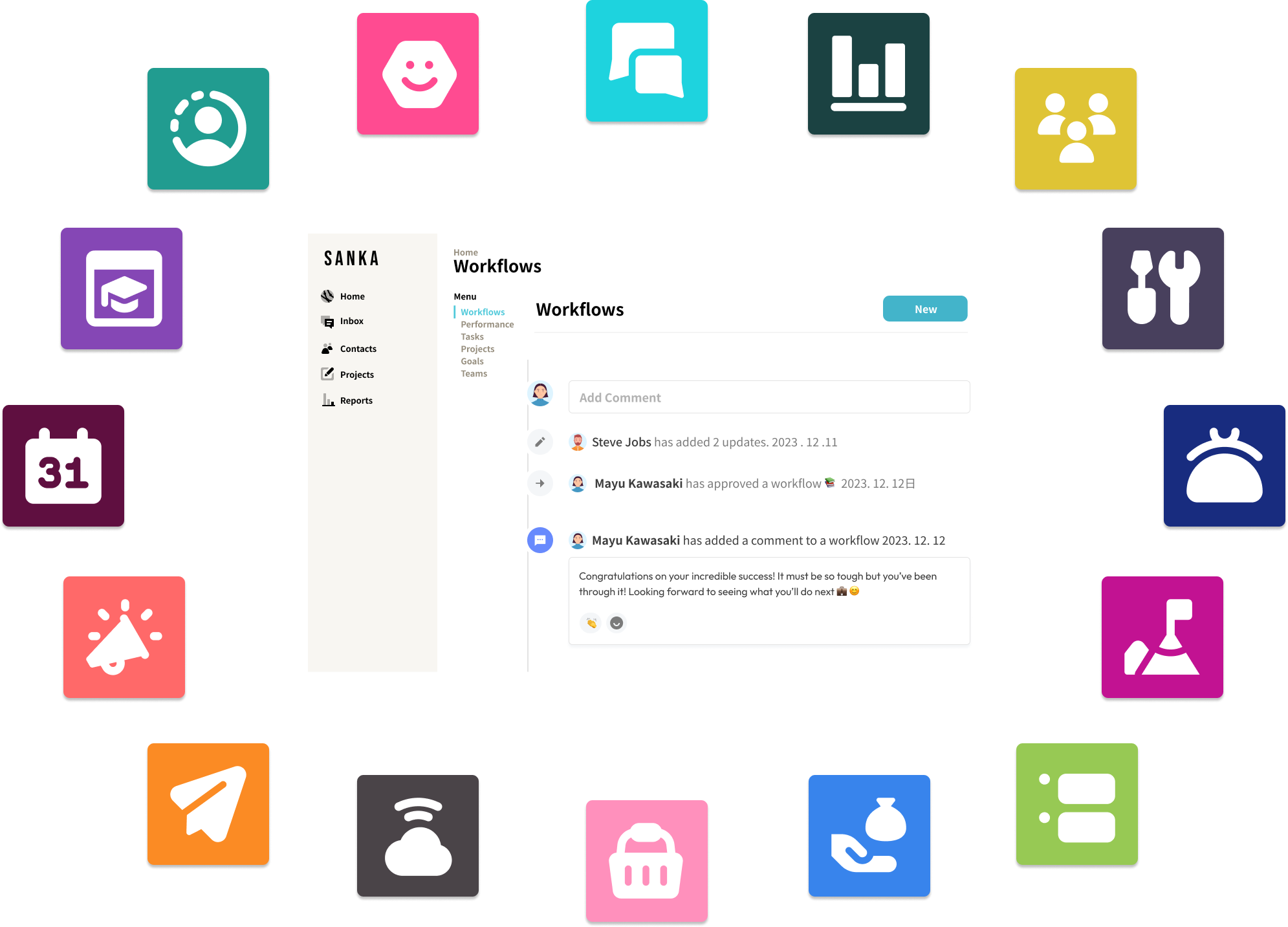Social PR refers to the use of social media and other online platforms to communicate with the public and manage the reputation of an organization. This can include activities such as creating and sharing content on social media, engaging with followers and customers online, and responding to inquiries and complaints. Social PR can be an effective way for organizations to connect with their audience, build relationships, and shape public perception of their brand.
Why social media is critical for PR
There are several reasons why social media is important for public relations:
Reach: Social media platforms have a large and diverse user base, which allows organizations to reach a wide audience quickly and efficiently.
Engagement: Social media allows organizations to directly engage with their audience and build relationships with them. This can be done through comments, likes, and other forms of online interaction.
Transparency: Social media allows organizations to be more transparent and open with their audience, which can help to build trust and credibility.
Measurability: Social media allows organizations to track the success of their public relations efforts through metrics such as likes, shares, and comments.
Real-time communication: Social media allows organizations to communicate with the public in real time, which can be useful for responding to crises or breaking news.
Overall, social media is an important tool for public relations because it allows organizations to effectively reach, engage, and communicate with their audience.
How to run social media as PR
Here are some tips for running public relations on social media:
Develop a social media strategy: Determine your goals and objectives for using social media, and create a plan for how you will use various platforms to achieve them.
Identify your audience: Understand who you are trying to reach on social media, and tailor your content and engagement efforts to appeal to them.
Create a content calendar: Plan out the types of content you will post on social media, and schedule them in advance to ensure a consistent posting schedule.
Engage with your audience: Respond to comments, answer questions, and interact with your followers to build relationships and establish your brand as approachable and responsive.
Monitor and measure your efforts: Use social media analytics tools to track your performance and identify areas for improvement.
Adapt and adjust: Regularly review your social media strategy and make changes as needed to ensure that it is meeting your goals and resonating with your audience.








